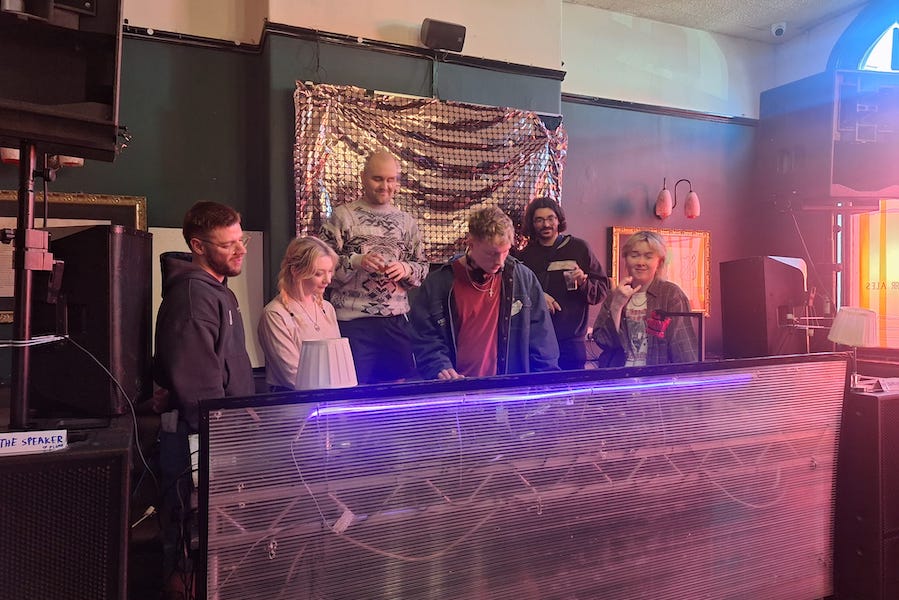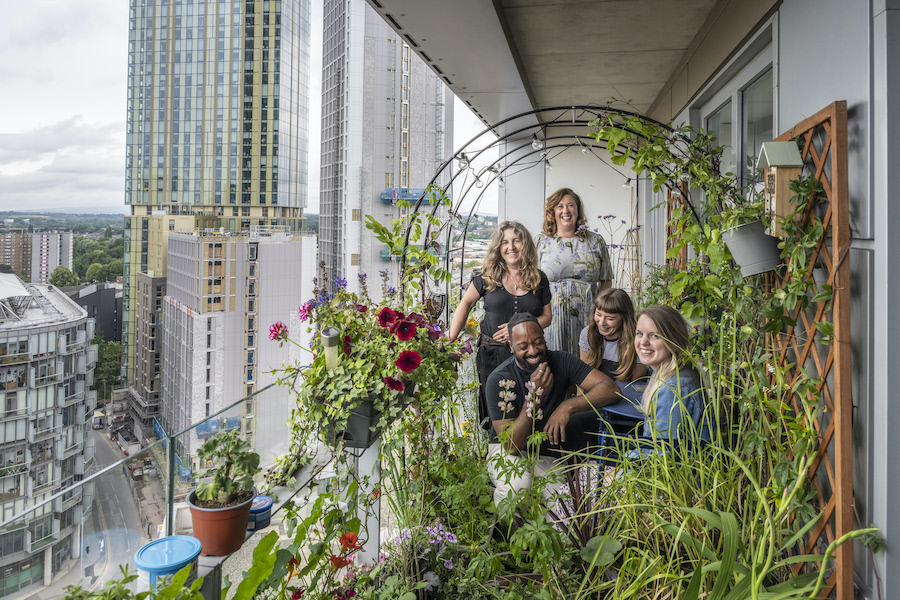Sixty years of cutting edge science: Jodrell Bank celebrates Diamond Jubilee
- Written by Ray King
- Last updated 8 years ago
- City of Manchester, Family & Kids
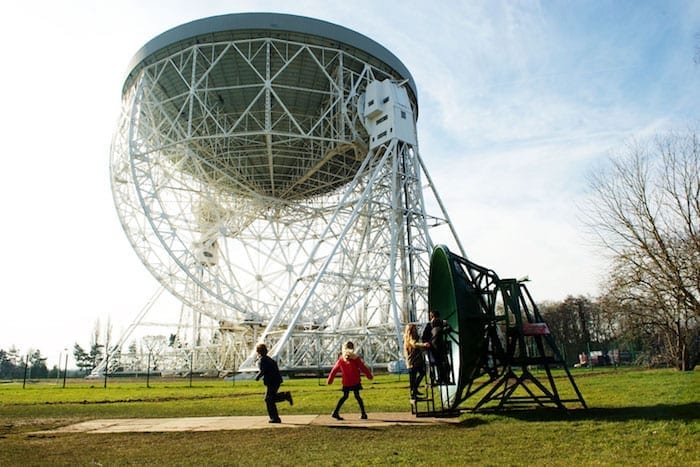
The pioneering Lovell Telescope, towering almost 300ft above the Cheshire plain near the village of Goostrey, is celebrating its 60th anniversary with a programme of special events throughout August and into September.
One of the most recognisable structures in the north of England if not in the whole country, the internationally renowned landmark has been at the forefront of astronomical discovery virtually since the first day it began probing the unknown depths of outer space in the summer of 1957.
Yet the project almost landed Sir Bernard Lovell, its far sighted creator, in jail, and the telescope owed its instant success not to any scientific breakthrough, but to a Cold War event that shocked the western world – the launch of Sputnik 1, the first man-made satellite to orbit the earth, by the Soviet Union.
Sir Bernard, who died aged 98 in 2012, had returned to Manchester University’s physics department after war service in the Air Ministry determined to investigate the mysterious radio signals picked up by wartime radar.
He began his research by setting up basic ex-service radar equipment at the Jodrell Bank site of the university’s Botany department, but soon began campaigning for a fully steerable radio telescope able to receive signals from the whole sky.
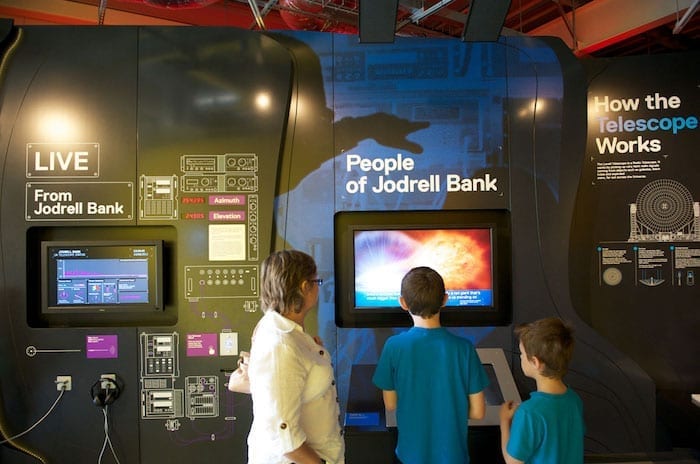
Despite the UK being in the grip of 1950s post-war austerity, he persevered and the 250ft span telescope was built – but its cost of £630,000 was twice the original budget.
It landed the university with a massive debt and the scientist faced the sack and the possibility of a jail sentence as MPs on the Commons Public Accounts Committee launched an investigation.
The outstanding debt was eventually settled not by the government but Lord Nuffield after the telescope, still in its testing stages, was propelled into the international headlines as the only means the West had of tracking Sputnik.
The Soviet satellite, measuring just 23 inches in diameter, sparked fears in the West that the intercontinental ballistic missile that launched it could be used to deliver a Russian nuclear warhead.
From that point onwards Jodrell Bank became a crucial part of the West’s “early warning system” and made Lovell the target of KGB defection attempts.
It was the radio telescope’s discoveries in deep space, however, that kept it at the cutting edge of science, shedding light on the nature and origins of the universe.
In 1960 scientists there identified quasars and almost two-thirds of all known pulsars have been discovered by Jodrell Bank.
I interviewed Sir Bernard – he was knighted in 1961 – in 1979, just after the publication of his book In the Centre of Immensities and less than two years after the release of Steven Spielberg’s film, Close Encounters of the Third Kind about visits to Earth by extra terrestrials.
So was Sir Bernard using his telescope to seek alien intelligence?
Well if there were any messages from outer space, no one ever heard them. In any case, in his book, Sir Bernard had calculated the odds against all the necessary ingredients randomly lining up in the correct order to spark the first, very simple form of life on Earth, to be something in the order of ten to the power 40,000 (others put the odds at one in a trillion trillion) – a chance later described by astronomer Sir Fred Hoyle as “so utterly minuscule as to make it absurd”.
In short, Sir Bernard wasn’t convinced that using the telescope to seek alien life was a worthwhile pursuit for his giant “baby”.
- This article was last updated 8 years ago.
- It was first published on 9 August 2017 and is subject to be updated from time to time. Please refresh or return to see the latest version.
Did we miss something? Let us know: press@ilovemanchester.com
Want to be the first to receive all the latest news stories, what’s on and events from the heart of Manchester? Sign up here.
Manchester is a successful city, but many people suffer. I Love Manchester helps raise awareness and funds to help improve the lives and prospects of people across Greater Manchester – and we can’t do it without your help. So please support us with what you can so we can continue to spread the love. Thank you in advance!
An email you’ll love. Subscribe to our newsletter to get the latest news stories delivered direct to your inbox.
Got a story worth sharing?
What’s the story? We are all ears when it comes to positive news and inspiring stories. You can send story ideas to press@ilovemanchester.com
While we can’t guarantee to publish everything, we will always consider any enquiry or idea that promotes:
- Independent new openings
- Human interest
- Not-for-profit organisations
- Community Interest Companies (CiCs) and projects
- Charities and charitable initiatives
- Affordability and offers saving people over 20%
For anything else, don’t hesitate to get in touch with us about advertorials (from £350+VAT) and advertising opportunities: advertise@ilovemanchester.com


The Manc aerobics queen who trained the Corrie cast is helping raise charity cash
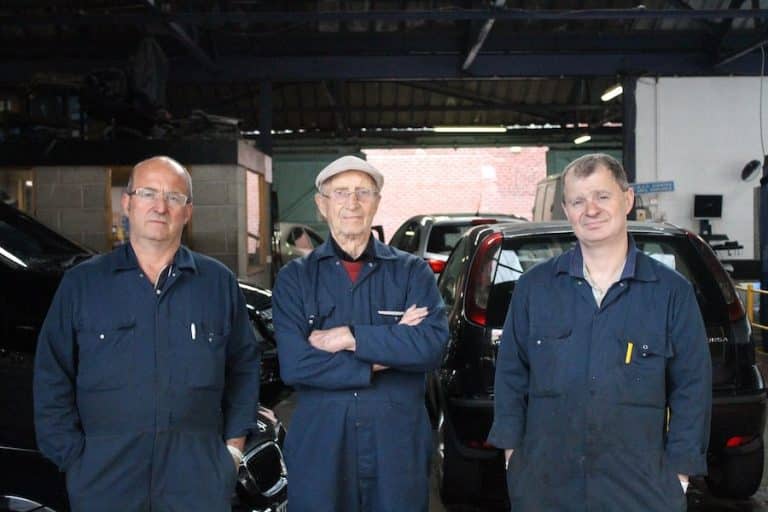
Ancoats to get even cooler as independent market set for MOT garage site

“Manchester is not Britain’s second city, it’s the first” – Jeremy Clarkson









